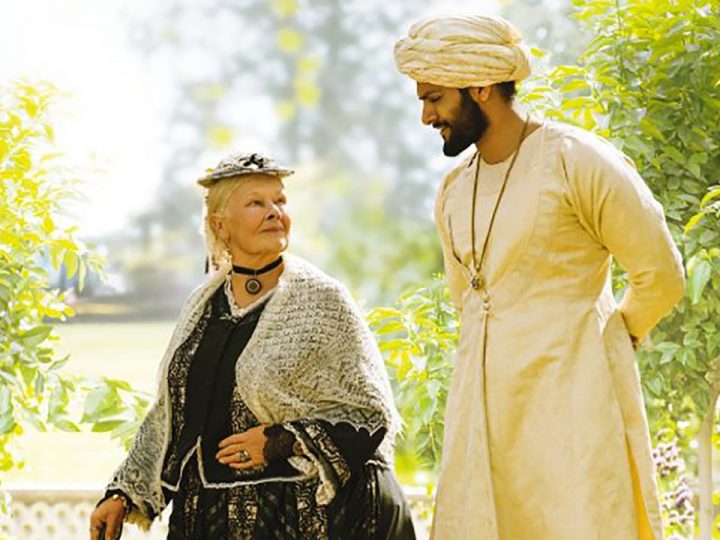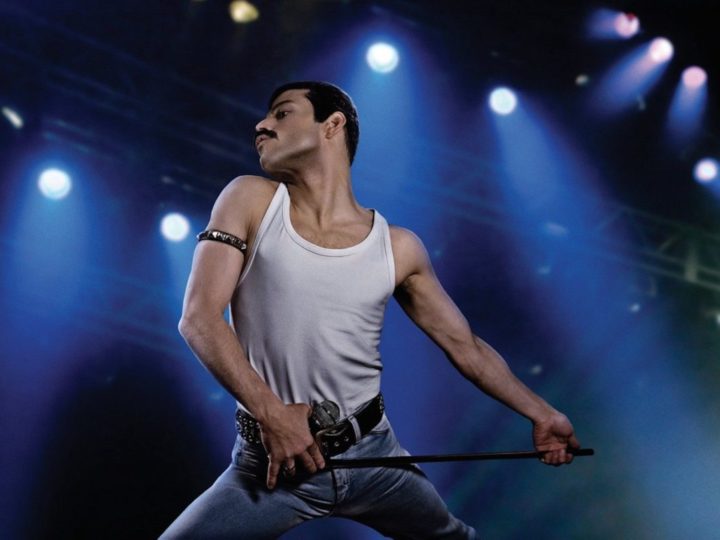After Das Leben Die Anderen, one is aware that the German cinema is able to make great movies, for a large audience, about their History during the After-War which is, in a way, also ours. Here, you will find a restraint acting, gray tones and unspeakable secrets.
The directing is quite conventional not to say sometimes without real inspiration. However, many scenes stand out, with an dramatic intensity or a special execution borrowed from other genres, which is rather interesting. For example, in order to explain the tragic generational drama of the « Lebensborn » (children from Norwegian women and German soldiers who were abducted and raised in Aryan orphanages), many style effects which belong to documentary or spy film genre are used in this melodrama. Nonetheless, this diversity of execution, especially the photography, can turn against the original director’s intentions. As the movie is mainly based on flashbacks, the photography changes according to the time or the place when the plot occurs and is used as a point of reference for the audience. For instance, to represent “GDR in the 60’s”, the director used a saturated “vintage” layer effect or for “Norway in the years 2000”, you can see the unsurprising grayish tones dear to the Scandinavian cinema. Maybe too obvious for such a sensible topic.
A quick word about the plot. It gets the job done and it reveals to be very credible. Based on Hannelore Hippe book, the movie manages to bring to light an embarrassing truth, the truth of “shame”. However, it is still a movie you need to watch well-rested and which requires a minimum focus and historical notions.
The true plus lays on the acting performances that are up to the significance of the topic. Indeed, the accuracy and the control of Liv Ullmann sparks off many emotions.




